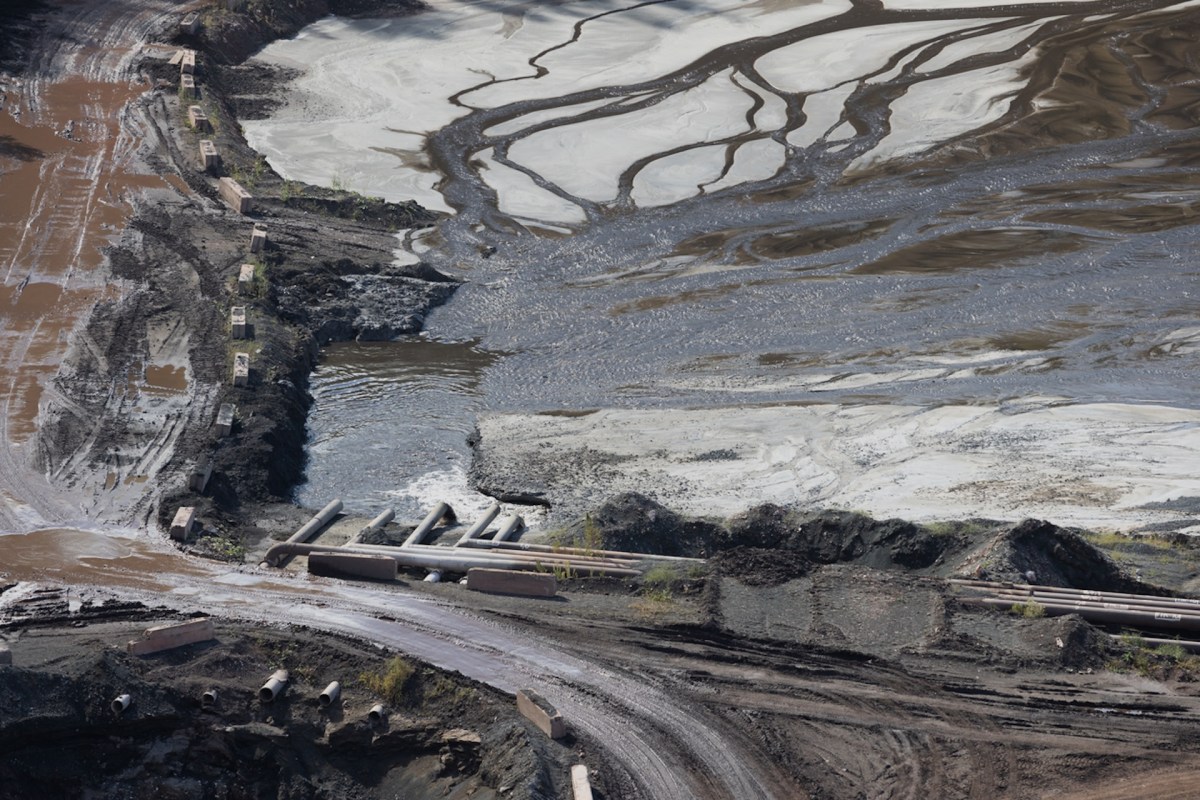The Environmental Protection Agency is tightening up regulations surrounding toxic waste from coal-fired power plants, but it discovered "widespread noncompliance" late last year.
What's happening?
In a December enforcement alert, the EPA announced that there were systemic failures to properly monitor and take corrective actions to deal with coal ash, the byproduct created when coal is burnt to produce electricity. In addition, around 150 facilities had groundwater contamination caused by the disposal of the ash.
The agency recently told Inside Climate News that the "150 facilities referenced in the alert does not speak to noncompliance but merely self-reported detected groundwater contamination, which is not a violation." However, some critics feel left in the dark about the extent of the problem.
"The public should be alerted to whether a facility in their community is out of compliance and whether EPA is going to do anything about it, or the state," Earthjustice senior counsel Lisa Evans told the online platform.
In the alert, the agency said it expects the number of facilities reporting groundwater contamination will grow.
Why is this concerning?
Coal is the dirtiest form of energy there is. In 2008, as detailed by the Natural Resources Defense Council, a power plant in Kingston, Tennessee, spewed more than a billion gallons of coal ash slurry into several rivers.
More than 10 homes were also destroyed in the process. In the years that followed, the workers who cleaned up the mess experienced health problems, and some began to die. This disaster preceded the first-ever U.S. coal ash regulations, which passed in 2015.
Earthjustice outlines the numerous toxins present in coal ash, many of which have been linked to cancer, severe liver and kidney problems, and respiratory issues.
What is being done about the noncompliance?
The EPA has settled with two facilities that were out of alignment — a move that Environmental Integrity Project senior attorney Abel Russ believes is a meaningful step toward a healthier future. According to Inside Climate News, Russ was one of the plaintiffs who pushed for the EPA to address a loophole that resulted in poor coal ash regulation.
"There's so much noncompliance out there," Russ said. "I would be thinking about my kids and grandkids and what kind of groundwater they're going to have 50 years from now."
The loophole is expected to be officially closed in May.
Join our free newsletter for cool news and cool tips that make it easy to help yourself while helping the planet.









